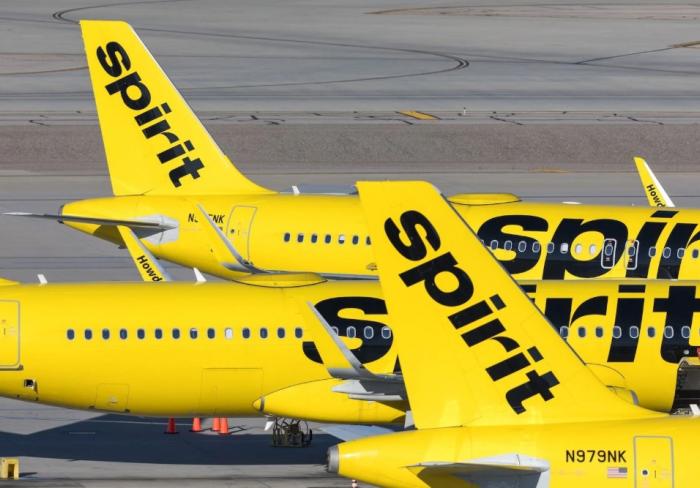Struggling to fight off the tourism slump and preserve control over air routes, Caribbean governments are bailing out two of the largest regional airlines.
Jamaica wants to double its stake in stumbling Air Jamaica, and could grow to hold a majority of the shares, Finance Minister Omar Davies said this week. The once state-owned airline lost $90 million last year. New bookings have fallen 40 percent since war was declared in Iraq, said Allen Chastanet, vice president for sales and marketing.
Insurance companies are now ruling out policies covering cases of Severe and Acute Respiratory Syndrome (SARS) in big-time events like congress, sport competitions and tradeshows.
The rare disease has already caused over a hundred deaths all around the globe and its spread has made a dent in tourism, business travel and lots of other economic activities.
Insurance firms decided to discard this kind of policy as soon as they realized it was going to be extremely hard to get a handle on the spread of SARS.
A grand total of twenty six projects have been developed in the Panama Canal Zone that changed from U.S. to local hands in keeping with the Torrijos-Carter Treaty.
The state administrator of the canal, Alfredo Arias, said eight of those tourist projects are located in Amador (west of the capital and hemmed in by the Pacific Ocean) and have generated 2,000 new jobs.
There are also other projects in the pipeline for this zone -highly sought after by Panamanians and foreigners alike as a sport area- linked to nautical and shopping activities.
Tourism, a sector that used to be almost nonexistent in Panama a decade ago, chipped in $678.8 million worth of revenues last year and outdid earnings generated by the Panama Canal’s toll money.
According to the Panamanian Tourism Institute (IPAT), 800,161 vacationers traveled to the country in 2002, thus outnumbering the 737,102 trippers who flew to the nation in 2001 for an 8.6 percent increase.
Entrepreneurs from the cruise sector will fork over almost $10 billion in Mexico in the next three years with the hope of creating over 120,000 new jobs.
Benjamin Mendez Aguila, communication coordinator for British company Seatrade Cruise, informed this investment package will bring about knock-down-drag-out competition between Mexico and Caribbean nations as far as this sector is concerned.
According to Mr. Aguila, national service providers should take their offer and quality up one peg to draw in hard-currency markets and generate new jobs.
Caribbean leaders agreed to forge regional airlines LIAT and BWIA together next June in an effort to make it up for the financial problems that now bug these two carriers.
The decision was approved in a meeting held between Barbados prime minister Owen Arthur and his counterparts Lester Byrd from Antigua and Barbuda, Ralph Gonzalvez from St. Vincent and the Grenadines, and Patrick Manning from Trinidad & Tobago, who weighed an action plan aimed at giving regional aviation one mighty leg up.










